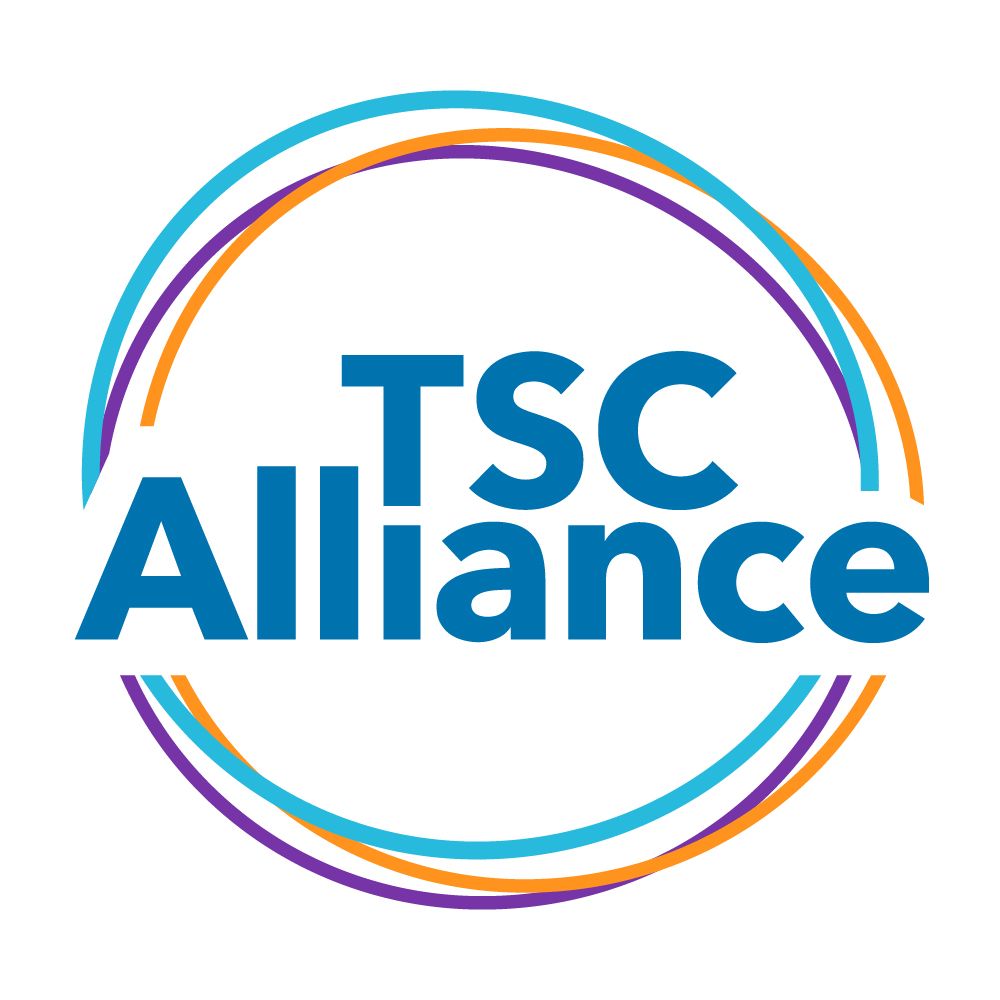
Understanding the Goals of TSC Steps and Use of Sirolimus: Darcy Krueger, MD, PhD

The director of the Tuberous Sclerosis Clinic at Cincinnati Children’s provided background on the idea of TSC Steps, a trial designed to assess whether early intervention with sirolimus could significant impact disease course of tuberous sclerosis complex. [WATCH TIME: 5 minutes]
WATCH TIME: 5 minutes
"In tuberous sclerosis, we have such a high rate of epilepsy that occurs in people with a genetic condition. Unfortunately, all of our available treatments, particularly our medical treatments, fail to fully control seizures in nearly half of our patients. This has created a challenge for us medically, it has major impacts for long-term learning and development, and of course, quality of life and opportunities."
The study features 5 children who were between the ages of 0-6 months at the time of enrollment and have a confirmed diagnosis of TSC based on established clinical or genetic criteria. Led by
Sirolimus, the main formulation being assessed, is a macrolide compound that is used to coat coronary stents, prevent organ transplant rejection, and treat a rare lung disease called lymphangioleiomyomatosis. To learn more about the origin of the study, including why sirolimus holds potential as a disease-modifying therapy, NeurologyLive® sat down with Krueger. Krueger, director of the Tuberous Sclerosis Clinic at Cincinnati Children, provided insight on how the drug was previously used and the significance if it proves to delay seizure progression.
Newsletter
Keep your finger on the pulse of neurology—subscribe to NeurologyLive for expert interviews, new data, and breakthrough treatment updates.










